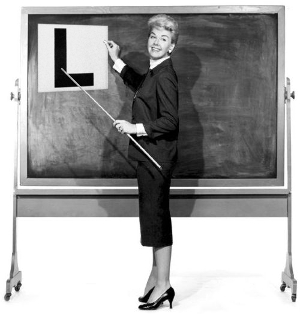Teacher scramble in QLD
 More and more unregistered teachers are fronting Queensland classrooms.
More and more unregistered teachers are fronting Queensland classrooms.
Unregistered teaching students in Queensland schools receiving early approval to teach have more than doubled in number within a year, reaching nearly seven times the figure recorded four years ago.
In 2022 alone, the Queensland College of Teachers issued 888 Permission To Teach approvals, allowing individuals who are not yet fully qualified to teach in the state's schools.
Among the approvals, approximately 66 per cent were granted to state school teachers, 20 per cent to independent schools, and 16 per cent to Catholic schools.
The recent figure is a significant increase from the 363 approvals in 2021, following a steady rise from 211 in 2020, 177 in 2019, and 129 in 2018.
This surge in approvals comes at a time when Australia is facing prolonged teacher shortages, particularly in regional and remote schools, as well as in specialised subjects.
The Queensland College of Teachers can grant Permission To Teach approval for up to two years if certain requirements are met, such as relevant knowledge, qualifications, or skills, and being considered suitable to teach.
The Queensland education department has implemented programs like Turn To Teaching and Trade to Teach to encourage more individuals to pursue teaching.
The Queensland Teachers' Union president, Cresta Richardson, acknowledged that while the waivers are a short-term solution, they play a crucial role in educating students.
However, Richardson said there is still a need to support these educators in completing their degrees to ensure they become fully qualified teachers.
Queensland's opposition party, represented by LNP education spokesperson Christian Rowan, criticised the state government for relying on non-registered teachers to address workforce gaps, calling for a more comprehensive teacher workforce strategy.
According to the Queensland education department, the vacancy rate stands at approximately 2 per cent of the total workforce of nearly 48,000 full-time equivalent (FTE) teachers.
The department fills these temporary vacancies while actively pursuing permanent replacements.
While the state government's $2.2 billion election pledge in 2020 aimed to hire 6,100 new teachers and 1,100 teacher aides, it has already employed over 4,500 new (FTE) teachers and more than 1,700 new (FTE) teacher aides as of March 2023.
However, certain geographic areas and specific curriculum areas continue to face supply challenges, such as senior English, industrial design, and languages other than English.







 Print
Print